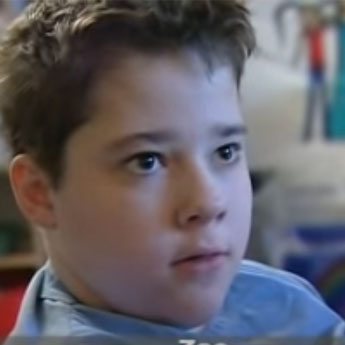
Autism Research
Model Me Kids® presents a documentary video about Dr. Valerie Hu, a Biochemistry & Molecular Biology Professor at George Washington. Motivated by the diagnosis of her son with PDD-NOS, Dr. Hu used a sabbatical leave to transform her lab into a cutting edge hub for Autism research. Her research on the intricate relationship between gene expression and Autism holds promise for the development of targeted interventions and personalized therapies.
Watch
Autism Documentaries
Watch More
Autism Research: Gene Expression
A complex neurodevelopmental disorder, Autism has intrigued researchers for decades. This has prompted investigations into various factors contributing to its manifestation. One area of profound interest is the role of gene expression in autism spectrum disorder (ASD).The intricate interplay between genetic predisposition and environmental influences significantly impacts the development of ASD. While numerous genes have been implicated in ASD, understanding how these genes are expressed, regulated, and interacted with has been a focal point of research.Advancements in genomic technologies have enabled scientists to delve deeper into the genetic landscape of autism. Studies have identified both rare and common genetic variations associated with ASD. As a result, light is being shed on the diversity of genetic factors involved. These variations affect the expression of genes involved in brain development, synaptic function, and neuronal connectivity, potentially influencing the onset and severity of autism.
Moreover, epigenetic mechanisms—modifications that regulate gene expression without altering the DNA sequence—have emerged as crucial players in understanding autism. Epigenetic modifications, such as DNA methylation, histone modifications, and non-coding RNA regulation, can influence gene expression patterns and neuronal development.
Autism Research: Environmental
Additionally, the gene-environment interaction paradigm emphasizes the impact of environmental factors on gene expression and ASD susceptibility. Environmental influences, ranging from prenatal factors like maternal health and exposure to toxins to postnatal experiences, can interact with genetic predispositions, ultimately affecting gene expression patterns relevant to ASD. Utilizing this knowledge, researchers aim to identify biomarkers for early detection, unravel novel therapeutic targets, and design interventions tailored to the unique genetic profiles of individuals with ASD.




